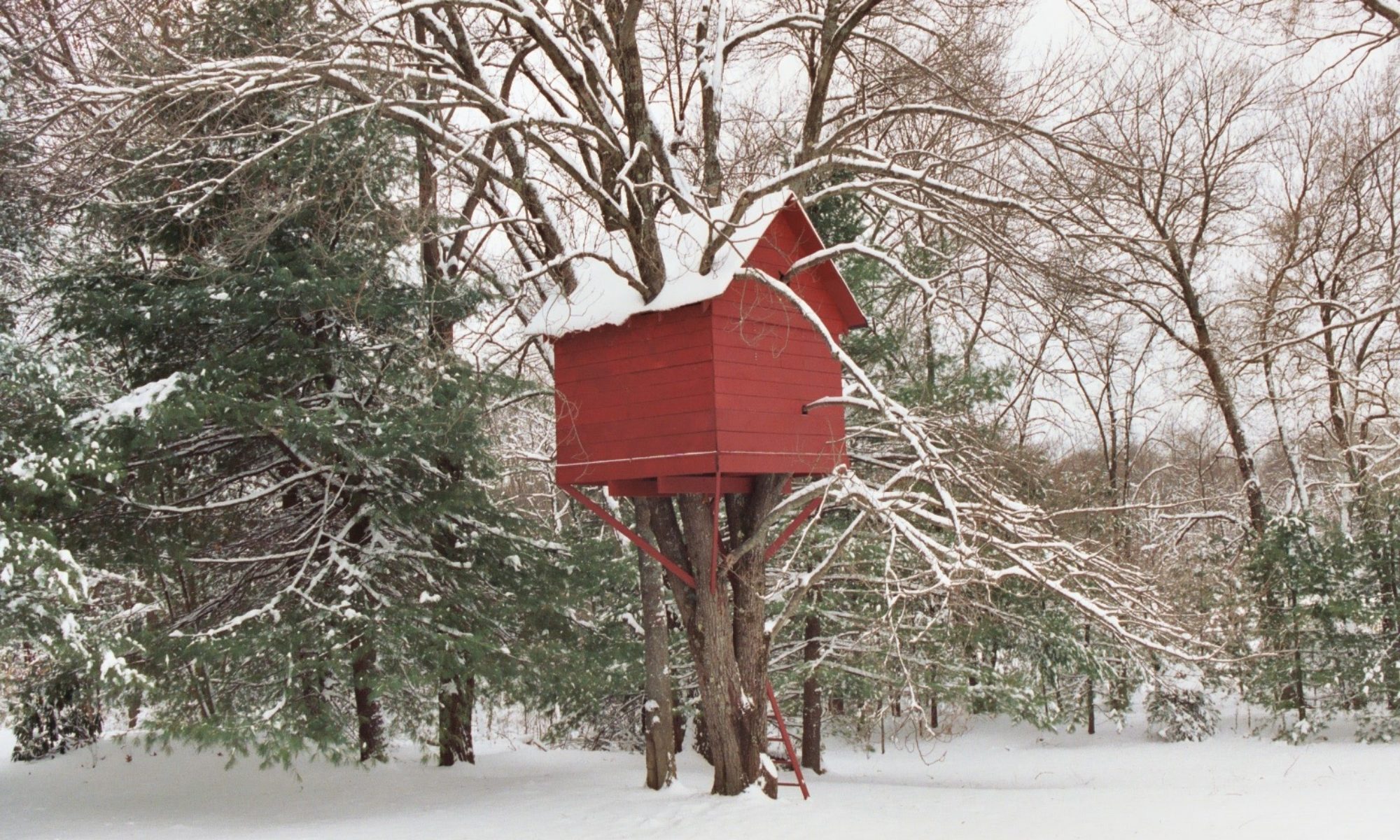Congratulations to the Litigation Section of the American Bar Association on releasing a redesigned Web site that is interesting, informative, and engaging.
By Erik J. Heels
First published 12/21/1998; LegalResearcher.com; publisher: New York Law Publishing Company
Very few association Web sites publish content on their site that would compel a user to return. The redesigned ABA Litigation Section’s site – (http://www.abanet.org/litigation/) – is a notable exception.
Be sure to check out the “TIPS from the TRENCHES” section (http://www.abanet.org/litigation/tips/home.html), which features “plaintiff perspective” and “defendant perspective” sections related to a current legal topic.
The current feature is a debate over the “Daubert v. Merrell Dow” Supreme Court case that changed the admissibility standard for scientific evidence. It seems as though the Supreme Court may revisit this issue, which is a good thing, in my opinion. Although the Supreme Court may have intended to make “junk science” more difficult to get admit as testimony, a review of cases since Daubert suggests it has had the exact opposite effect. But I digress.
For a detailed discussion of this topic, see “The Case Against Daubert: The New Scientific Evidence ‘Standard’ and the Standards of the Several States,” Thomas L. Bohan, Ph.D., J.D., and Erik J. Heels, B.S.E.E., J.D., Journal of Forensic Sciences, American Academy of Forensic Sciences, 11/95. Can you tell I feel passionately about this issue? Now, back to litigation resources on the Internet!
The Web site of The Association of Trial Lawyers of America (http://www.atlanet.com/) has also greatly improved since the last time I visited. Full articles on topics such as Civil Justice, Defective Products, Federal Legislation, Insurance Industry, Managed Care, Medical Malpractice, and Tax Law are available. Bookmark the publications page (http://www.atlanet.com/homepage/), or, better yet, register it with URL-minder (http://www.netmind.com/URL-minder/new/register.html) to get e-mail when that page is updated. Members gain access to additional publications, a member directory, and discussion groups.
Not to be outdone, the defense bar’s Defense Resource Institute’s (DRI) site (http://www.dri.org/) contains the monthly “On the Record” column from DRI’s “For The Defense” magazine. Members can gain access to DRI’s database of 50,000 expert witnesses, discussion areas, and a database of defense-related articles. A free fax-back service is also available. Bookmark or URL-mind the “What’s New” page (http://www.dri.org/whatsnew.html) to stay current.
Indeed, things have improved greatly since last time we looked at litigation resources on the Internet. Associations, as discussed above, are finally publishing substantive content on their sites – some free, some for members only – that would compel users to return. And law firms, law schools, and legal vendors have written about every trial technique under the sun. Consider the following list as you prepare for your next trial.
Jury Selection
Off the beaten path, the Jury Research Institute (http://www.jri-inc.com/) has a good selection of articles online (http://www.jri-inc.com/articles.htm), including one on jury selection and voir dire (http://www.jri-inc.com/voirdire2.htm). And for an in-depth article on jury selection in mass tort litigation, see an article (http://www.trialpractice.com/frames/page/research/page/phasei/page/qupapr.htm) from Trial Practices, Inc. (http://www.trialpractice.com/). The Florida firm of Robles & Gonzalez, P.A. has published and “Advanced Trial Handbook” on its Web site (http://www.greatlawfirm.com/hbindex.html) with tips on the trial process from jury selection to closing argument.
Opening Statements
For a defense perspective on crafting non-defensive opening statements, see an article (http://www.ncdd.com/tarantino.html) on the Web site of The National College for DUI Defense (http://www.ncdd.com/).
Technology in the Courts
If you’re interested in technology in the courts, check out the Courtroom of the Future project (http://www.law.arizona.edu/courtroom.html) at The University of Arizona College of Law. The project’s director, Winton Woods, also writes a monthly column on technology in the courtroom and law office, available for free on the Web (http://www.law.arizona.edu/writ.html), entitled “Law Office Computing.”
Cross-Examination
For an in-depth discussion of cross-examination techniques, see the Houston-based Law Offices of Howard L. Nations, PC (http://www.howardnations.com/cross_ex.html). Another article on this topic appears at the Web site of the American Academy of Matrimonial Lawyers (http://www.aaml.org/cross-ex.htm). And on the topic of cross-examination in brain injury cases, see an article by New Jersey-based Stark & Stark (http://www.stark-stark.com/articles/law01.html).
And what discussion of litigation resources would be complete without a link to the Federal Rules of Evidence (http://expertpages.com/federal/). This version is courtesy of Expert Pages. See also a large collection of court rules at LLRX (http://www.llrx.com/columns/litigat.htm)
Finally, looking for a last-minute holiday gift for that litigator colleague? How about the book “A Civil Action” (http://www.amazon.com/exec/obidos/ASIN/0679772677/)!

